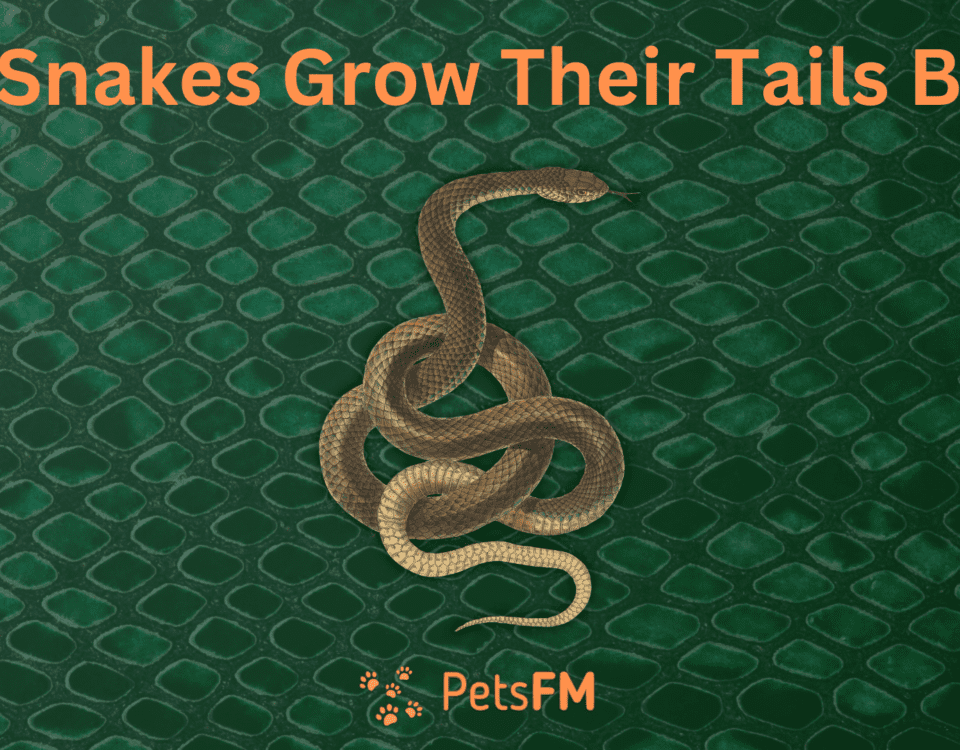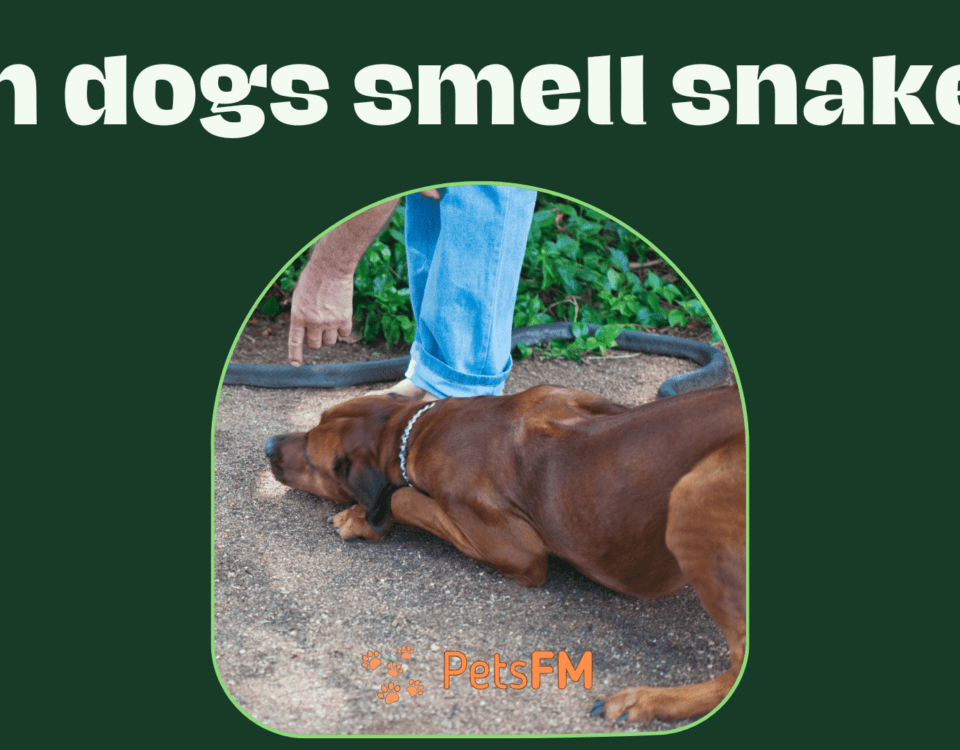


TOP Cardinal Eggs Facts For Bird Lovers & Enthusiasts
October 10, 2023


Can Hummingbirds Eat Ants? What You Need to Know
October 11, 2023Dogs, descendants of wolves, are carnivorous predators by nature. Throughout their evolution, they have consumed various prey, including birds. While domestication has changed many aspects of a dog’s life, the question arises: is it safe for modern-day dogs to eat birds?
Yes, dogs can eat birds. In the wild, their ancestors often consumed birds as part of their diet. However, if you’re considering feeding your domestic dog bird meat, ensure it’s cooked thoroughly to kill potential pathogens, as dogs that consume birds can be susceptible to bacterial or viral infections, garbage toxicosis, or potential blockages.
This article will discuss when it’s worrisome for your dog to consume a bird, why birds can sometimes be detrimental, and the symptoms that indicate potential problems.
Also, Read: Are Birds Herbivores? A Look at Different Bird Species
Is It Safe For Dogs To Eat A Bird?
When a dog manages to catch and eat a bird, it may face certain health risks. While the dog might only experience minor digestive issues or diarrhea from a live bird, there’s always the potential danger of bones causing internal blockages.
Birds can be carriers of various pathogens, such as Salmonella, Chlamydia, and West Nile Virus. If a dog eats a bird that shows signs of illness, it’s essential to alert the vet and closely monitor the dog for any symptoms over the following days.
While many healthy dogs can consume raw meat, bones, and feathers from a live bird, the risk intensifies if a dog ingests a bird that has already died. Such birds might have surrendered to bacterial infections or toxins, potentially leading to a condition in dogs known as garbage toxicosis.
Hence, in simpler words, consuming a live or a dead bird is not safe for dogs, as it can pose severe health risks to your four-legged friend.


Recommended Read: Are Birds Omnivores? A Look at Different Species
Understanding Predatory Behavior in Dogs
Though domestic dogs have long since evolved from their wolf ancestors and are fed from bowls, their instinctual predatory behavior remains intact. While this behavior is often limited to chasing, some dogs might escalate their actions based on the situation and their level of arousal.
If your dog has made an actual attempt to harm the bird or has a history of attacking smaller animals, it’s crucial to discuss the behavior with your veterinarian. They may provide advice or recommend a specialist to address the issue.
Recommended Read: Why Do Birds Eat Their Babies? How To Prevent It?
Predatory Signs In Your Dog Towards Your Bird
Signs your dog might be showing predatory instincts include:
- Stance and Posture: Dogs with a tense and rigid body posture might freeze in place.
- Eyes and Mouth: Look for hardened eyes and a clenched mouth.
- Stalking Behavior: The dog may scrunch close to the ground, moving deliberately and stealthily.
- Tail Movement: A rigid, upright tail can indicate heightened predatory intent.
- Focus: An intense concentration on the smaller animal, in this case, the bird, is a crucial sign.
Remember, the predatory sequence can be rapid, and sometimes, dogs provide minimal warning before launching an attack. Be especially wary if the bird makes sudden movements, as this can immediately provoke the dog’s chase instinct.
Potential Health Concerns For Dogs After Consuming Birds
There are five primary health concerns associated with dogs eating a bird:
1. Obstruction:
- Vomiting and diarrhea
- Diminished appetite
- Signs of dehydration
- Distended abdomen
- Stomach discomfort
- Arched back posture
- Fatigue and listlessness
- Vocal signs of distress
2. Salmonellosis:
- Diarrhea and vomiting
- Presence of mucus in the feces
- Dehydration symptoms
- Elevated temperature
- Fatigue
- Enlarged lymph nodes
- Increased heart rate
3. Chlamydiosis:
This respiratory bacterial infection can be transmitted to dogs if they consume bird droppings.
- Heavy panting
- Breathing difficulties
- Inflamed, red-eyes
- Scratching or rubbing the eyes
- Green or yellow discharge from eyes
- Listlessness
4. Garbage Toxicosis:
Consuming decomposed bird meat can expose dogs to harmful bacteria and their toxins.
- Diarrhea and vomiting episodes
- Tender, swollen abdomen
- Signs of dehydration
- Elevated temperature
- Decreased appetite
- Drowsiness
- Fatigue and muscle weakness
- Excessive flatulence
- Heavy panting
- Occasional seizures
5. West Nile Virus:
This virus leads to encephalitis, which is inflammation of the brain.
- Digestive issues: diarrhea, decreased appetite, weight reduction
- Respiratory problems: persistent cough, breathing difficulties
- Neurological signs: disorientation, muscle spasms, seizures, paralysis, impaired coordination
- General symptoms: elevated temperature, low mood, muscle fatigue, limping, pale oral tissues
Protecting Your Bird from Dogs
The safety of your bird should always be a priority. Dogs, even those merely curious, can unintentionally harm birds. Here are ways to ensure your bird’s safety:


Dog Bird Safety
Secure Housing
Ensure that birds are kept in sturdy cages placed high, beyond the dog’s access. The cage should be fixed firmly, preventing any chances of the dog toppling it.


Related Read: Do Birds Like Birdhouses? How to Attract Birds to Your Birdhouse
Socialization Needs:
Understand that birds require social interaction. Instead of isolating them in a separate room, which can be stressful, designate a protected zone in the main living space. Use an activity pen encircling the cage to deter the dog.


Check to Make Sure They’re Okay
Safe Interaction:
When taking the bird out of its cage, ensure the dog is securely confined in another space with engaging toys. If the bird is to be out and about, consider having the dog on a leash held by another individual.
Praise and treat the dog for calming behaviors, like sitting or lying near the bird. Additionally, leash the bird to prevent any unplanned escapes close to the dog.
Engage Your Dog:
Keep your dog occupied and active with regular walks and play sessions. A well-exercised dog is more likely to be calm indoors and less focused on the bird. Even when on a leash, engaging activities can divert the dog’s attention from the bird.


Playing with Dogs
Professional Assistance:
If your dog continuously poses a threat to your bird, it might be time to seek professional help. Consistent predatory behavior can stress the bird significantly. In extreme cases, rehoming might be the most humane solution for both pets.
Editor’s Pick: Why Do Birds Attack Cats? Understanding and Prevention
Conclusion
Given the possible risks, being proactive is essential if your dog shows interest in a bird. For the safety of your dog, yourself, and the local ecosystem, it’s advisable to prevent interactions between dogs and wild birds.
However, if your dog eats a bird, there’s a good chance they’ll be fine. It’s best to observe them closely and contact the vet if any concerning symptoms appear.



